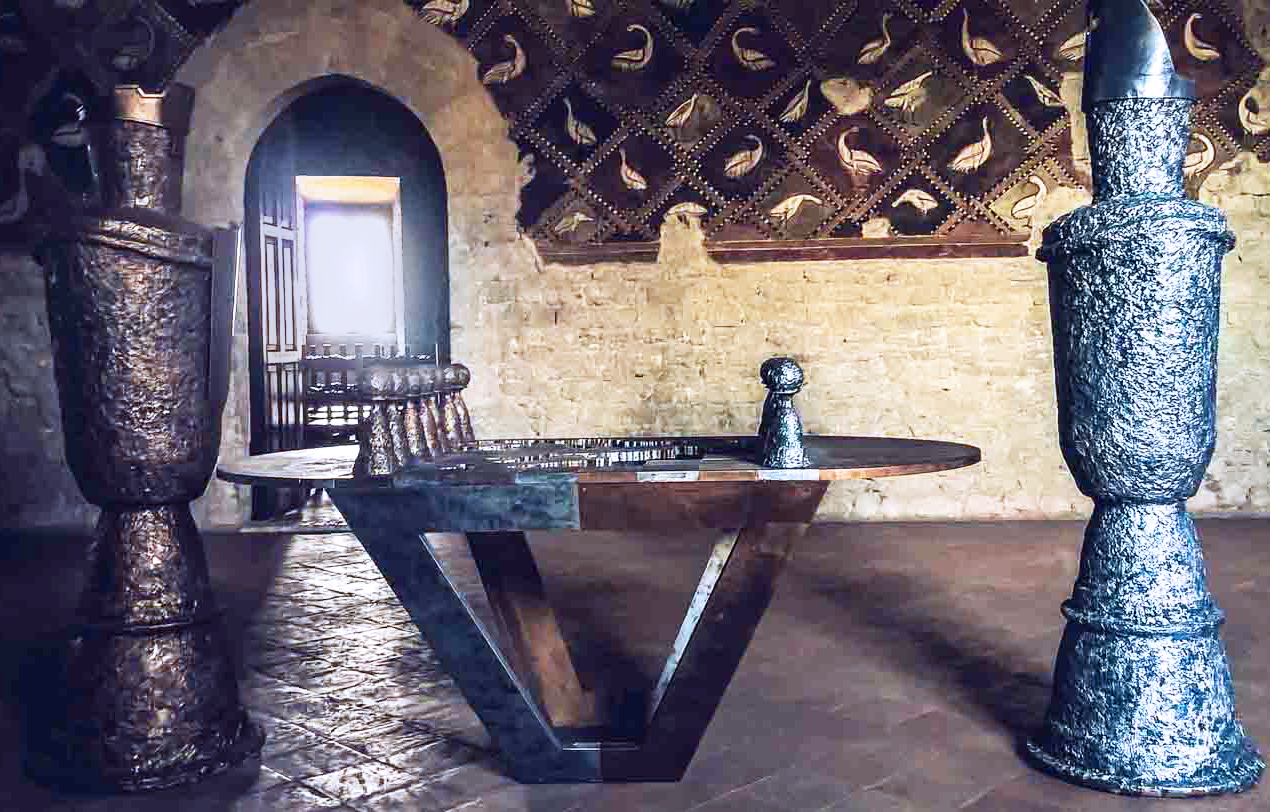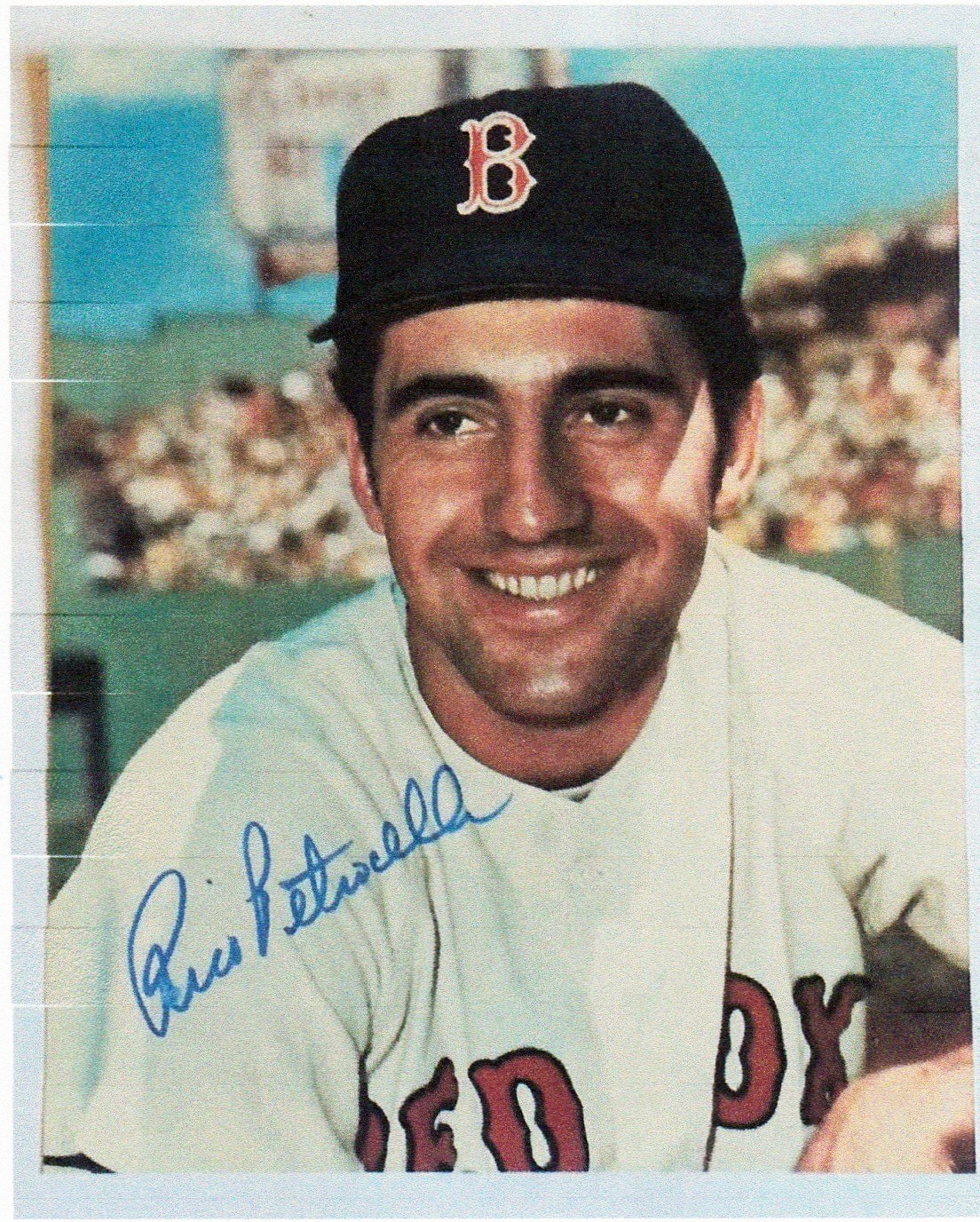Dante Alighieri placed him in the eighth level of the Inferno for his arrogance and manipulation. Poet Jacopone da Todi described him as the “new antichrist.” But during his lifetime, his contemporaries called him magnanimus pontifex – high minded. Who was this man that inspired such contrary opinions? It was none other than Bonifacio VIII, the Pontiff and with his death in 1303, an era of absolute supremacy of the Church ended and no longer would national monarchies automatically submit to the temporal power of the Papacy.
The incident named “Anagni Slap” occurred between September 7 and 9, 1303. The Pope was arrested and imprisoned in his palace in Anagni, by the emissaries of the King of France, Philip IV, known as “Philip the Fair” (1268-1314), with the help of members of numerous Roman noble families, the Colonna family above all. The episode was a part of the harsh power struggle at the turn of the 14th century between the King of France and the leader of the Church of Rome.
Benedetto Caetani was born between 1230 and 1235 in Anagni. Benedetto became a consistorial lawyer for the Church and was highly regarded as a diplomat. He was elected Pope on Christmas Eve, 1294 to become Boniface VIII. Among his accomplishments, Boniface founded the Studium Urbis, the first Roman University, which later became La Sapienza.
The conflict between Boniface and King Philip began in 1296. France was at war with England and to help finance his armies, Philip imposed a 2% tax on all properties in his dominion, including the ecclesiastical ones. Such properties were only subject to taxation by the Roman Curia. Boniface would not accept this affront and issued the bull Clericis laicos, prohibiting (on pain of excommunication) all members of the clergy from paying taxes to any king, without the consent of the Pope.
Philip countered by prohibiting the transfer of money from France to Rome. Before things got out of hand, Boniface, who was really quite an astute diplomat, conceived of a brilliant plan. He canonized Philip’s grandfather, the late King of France, Louis IX, with the name of San Luigi dei Francesi (St. Louis of the French). Philip fell back in line, at least for the present time.
As the Caetani family gained power due to Boniface’s position as head of the Church, the powerful Colonna family went from being supporters of the Pope to bitter rivals. Two of the Colonnas were members of the College of Cardinals. The first overt action by the Colonnas occurred on May 3, 1297, when Pietro II Caetani, the Pope’s nephew, was leading a mule train transporting part of his uncle’s treasure from Rome to Anagni (200,000 gold florins). The treasure was robbed by a group of armed men led by Stefano Colonna, brother of Cardinal Pietro. An enraged Pontiff demanded the return of the florins, which occurred swiftly, but the die had been cast. The bickering and accusations between the Colonnas and the Pope reached a fevered pitch and on May 10 when Boniface excommunicated the two Colonna cardinals with the bull In excelso throno, in which he condemned the Colonnas and the outrages of their “damned race and their damned blood” who “raised at all times their head full of arrogance and contempt” and, therefore, even deserved extermination. Strong words. Two weeks later, he added a number of other members of the Colonna family to the excommunication and a seizure of their properties.
For all intents and purposes, the Pope had declared war on the family and not just in a figurative sense. He raised an army to conquer the castle of Colonna, as well as assaults on the family’s properties in Rome and those of the family’s allies. By the following year, the castle and the village of Colonna were destroyed and the Pope issued a bull which forbade its reconstruction.
Hostilities resumed in 1301, with the case of Bernard Saisset, Bishop of Pamiers. Saisset had for years been in conflict with a local lord, but with the protection of Boniface, was successful in gaining more power, property and wealth. In 1301, Philip intervened in a heavy way by ordering to arrest of the bishop on the grounds of treason. The trumped up charges incensed the Pope. He fired off a series of bulls that demanded the king to free the bishop.
Diplomacy was not effective in this instance. By September, 1303, Boniface was in Anagni, preparing a bull to excommunicate Philip. He was aware that an army of men had been hired by King Philip and his allies. He was unaware that the army was approaching the gates of Anagni. On September 7, 1,600 men entered the gates of the city (which had been opened by enemies of the Pope). The attackers, led by Sciarra Colonna, attacked the Pope’s palace.
Sciarra demanded the delivery of all the treasure of the Roman Church into the hands of the Colonna family, the renunciation of the Papacy and the surrender to the Colonnas. The Pope’s reply was “alas what a tough speech.”
Mediation did not bring any results, so Sciarra and his men set about robbing everyone in town and setting fire to the gates of the cathedral. At 6:00 pm on September 7, the assailants entered the Pope’s throne room and repeatedly ordered him to renounce the throne. Boniface responded “Ec le col, ec le cape” (here is my neck, here is my head). The slap that resulted is attributed to Sciarra, who wanted to end the Pope’s life, but the slapping of the Pope and his temporary imprisonment had far reaching consequences.
Boniface had tried to defend the spiritual supremacy of the Papacy against the pressing imperialism of France, but in spite of his political and diplomatic skill, the military dominance of the French prevailed. This culminated with the Anagni incident. In short order it brought about the end of Boniface’s reign and within six years, the temporary movement of the Papal Seat from Rome to Avignon, a period that lasted from 1309 to 1377. It was a slap that changed history.





